Top of the Lake, Campion’s first television work in decades, boasts masterful character work and a frustratingly blinkered perspective.
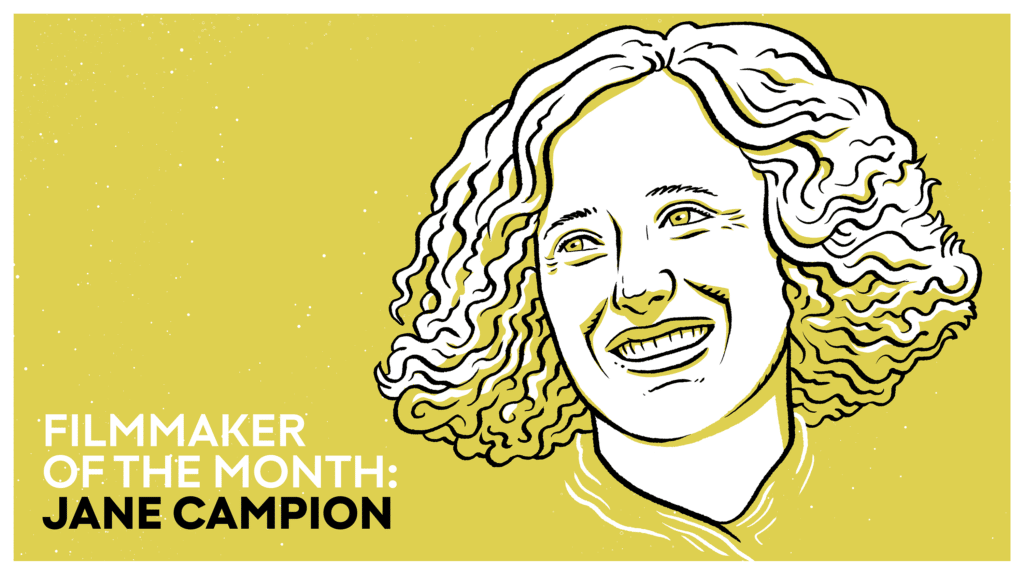
Trigger Warning: assault, sexual assault, date rape
A girl stands in icy water, and a caravan of women wheel in new shipping container homes into a remote part of New Zealand. One thing begins and something else is trying to end in the first episode of Top of the Lake series 1. Mysteries are presented rapid-fire and characters are barely introduced before series creator Jane Campion layers in the intense close-ups and opaque dialogue, laced with history we will have to wait to be revealed.
The two-season long series attracted Australian and New Zealand stars like Nicole Kidman and Lucy Lawless and was created by Campion’s Sweetie co-writer Gerard Lee. Through their focus on character, Campion and her collaborators shine a light on sexual abuse and trafficking. For those who love the director’s signature drama and tense character studies, it’s a delight. But stray too far from this path and you’ll come away with nothing smoke.
When this writer was a devastated 16-year-old, too ill to go to school for weeks on end, a public library Criterion edition DVD of Sweetie introduced me to the director who ushered in “a renaissance of Australian cinema, which would take the film world by storm in the nineties,” to quote the Collection. Over 15 years after that first viewing, it’s clear that a single, white Australian viewpoint was made famous. Top of the Lake does not expand on Campion’s Gaze.
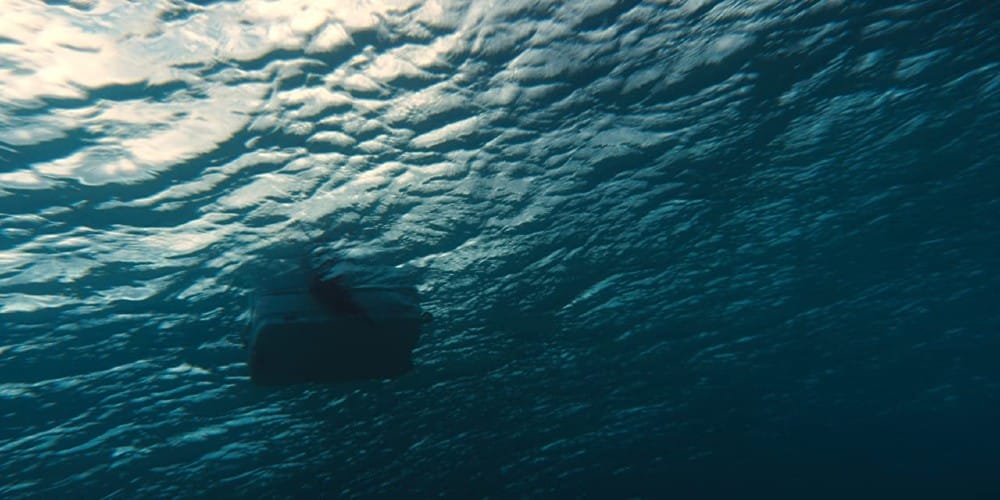
But it is refined. The distinct clarity and precision of her character work is a strong presence, but it is limited outside of whiteness. With Sweetie, Campion crafted a Female Gaze and its place in sexuality, but in Top of the Lake, she turns it on women themselves, almost banishing men from a narrative about underlying male violence. Always looking, but never shown.
Masculine violence against women is implied more often than shown in Top of the Lake. It’s one of the things that makes the series welcomely distinct from other true-crime-esque mystery fares. Men fight each other. They lash out, punch and stab and break things. But while all men are treated with suspicion, not every one of them is guilty of on-screen assault.
Top of the Lake introduces Detective Robin Griffin (Elisabeth Moss) the morning after she has been drugged. She wakes up and frantically checks to ensure her underwear is still on. It’s not a sure-fire sign that she has not been raped in her sleep, but it is a good indication.
Her current partner and friend, Al (David Wenham), reassures her he was a “perfect gentleman” after he tucked her into his bed. His smile is mischievous. Neither Robin nor the viewers are sure what that means.
Naked women walk freely on land purchased for a kind of all-women’s retreat. They are ogled freely by dangerous male interlopers who verbally threaten, but no harm comes to them. Sons accuse their father of an unthinkable crime with only their stated observations for evidence.
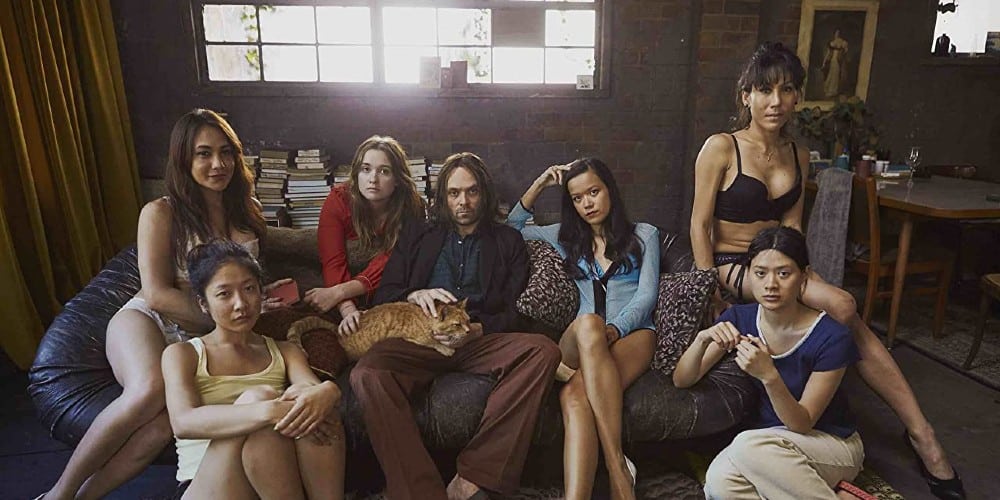
At over 12 hours, the two series that comprise Top of the Lake have much to say, and a bit more to show. The camera’s gaze here moves away from action scenes or brutal tableaus dedicated to frank violence. Instead, it focuses on symbols of masculine violence perpetrated on feminine bodies. Bodies themselves become symbols, separated from the personalities that inhabit them. Words carry the weight of violence that faded to black.
Early in the series, Robin visits her distant mother and sometime step-father. While in New Zealand, a 12-year-old girl named Tui (Jacqueline Joe) goes missing after being interviewed about her surprise pregnancy. Her crime lord father Matt (Peter Mullan) pursues her ruthlessly, demanding the return of his baby girl while vehemently denying he could have ever abused her.
He’s a prolific force in the Queensland community: it’s later revealed he has fathered or was thought to have fathered, most of the named characters. He’s also every single character’s landlord and uniformly feared by all.
All of the men in Top of the Lake are bad ones. But they’re bad in different ways. Some have come to terms with their past mistakes and others just waking up to their flaws.
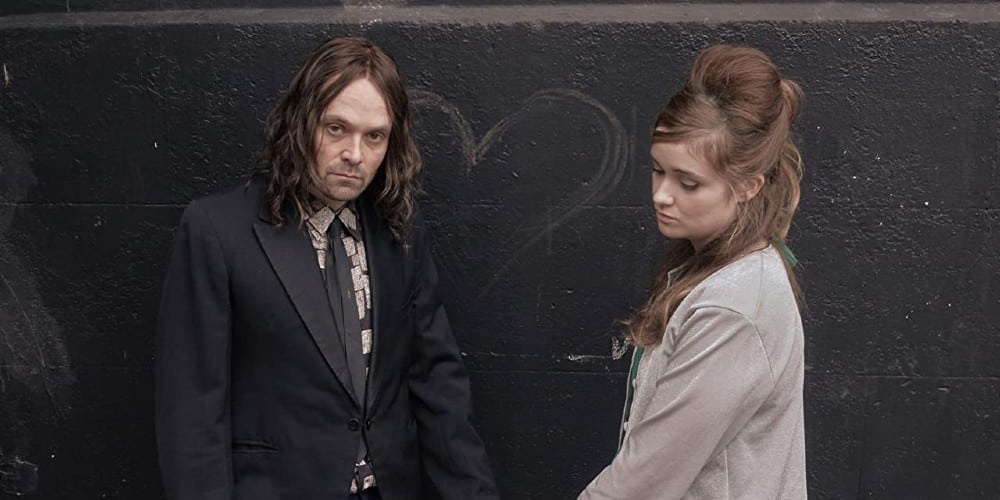
One such man is Robin’s mother’s strong and near-silent companion Turangi, played by Calvin Tuteao. On-screen, he encourages Robin to make peace with her mother, who admits he massages her and is in charge of administering all of her medication.
The violence in Robin’s past seems to have stayed there. Her mother is the same: Turangi is treated with suspicion for previous domestic violence charges, but the two are nothing but intimate companions now. Outwardly loving, gentle, and even tender.
Once Robin’s sick mother has passed, Turangi is removed from her property and the narrative altogether. Perhaps one of the most outwardly kind figures in Robin’s life, this gentle man, and one of only three named people of color in the first series is never heard from again.
Series one closes with everything tied up neatly with a bow. Robin has dealt with her past and reset with her high school sweetheart (now confirmed to not be her half-brother).
With Sweetie, Campion crafted a Female Gaze and its place in sexuality, but in Top of the Lake, she turns it on women themselves, almost banishing men from a narrative about underlying male violence.
At the beginning of Season Two, a woman has died. We don’t know who she is, and we don’t know why it has happened, but a sinister suitcase is wheeled through a series of rooms that obviously act as a brothel and tossed into the sea.
The brutality of this woman’s expulsion, tossed as detritus into the ocean, moves the focus onto her unseen corpse. The body becomes a symbol of the woman’s unknown life, her mysterious motivations, and her lack of identity. The complicities of the brothel madam, her partner, and even the other sex workers, pile on top of the unseen violence perpetrated by the man who both terrorizes and fascinates them all.
It’s old hat at this point to call work like Campion’s “devastating,” “painful,” and beautiful. And Top of the Lake is indeed painful. It’s also gritty and hyper-realistic in its subdued violence. But beautiful?
Beauty does not exist in the Oceanic colonial states Campion has constructed. Where other filmmakers might direct their cinematographers to revel in the lush scenery of backwoods New Zealand and the breezy beaches of Queensland, Campion gazes unwaveringly at her broken characters. She moves them like dolls around the shell world they inhabit.
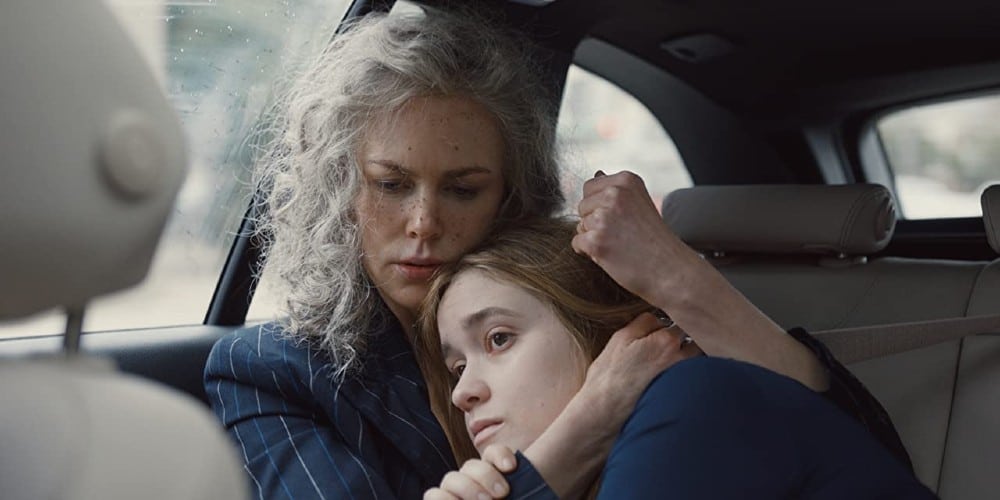
For it is a shallowly felt setting propped up entirely by its characters. Their issues, some interpersonal, mostly personal, expand and fill the stage until no narrative can support itself. Every character has a dark past, wrought with trauma, alcoholism, drug abuse, and nothing else—and there are no rewards for overcoming the personal trials that define them.
Season two rips the cast’s comparatively happy endings to shreds and tugs on the long arm of trauma. Robin’s boyfriend Johnno is arrested for growing marijuana with a strange woman on the day of their wedding. We don’t know if the stranger is free from the trauma that mars him and Robin, but her naive giggles and innocent state of undress (including a carefully chosen, pure white pair of panties worn in the middle of the woods) seem to imply this.
Johnno has betrayed our broken hero with someone younger and purer. The callbacks don’t end there.
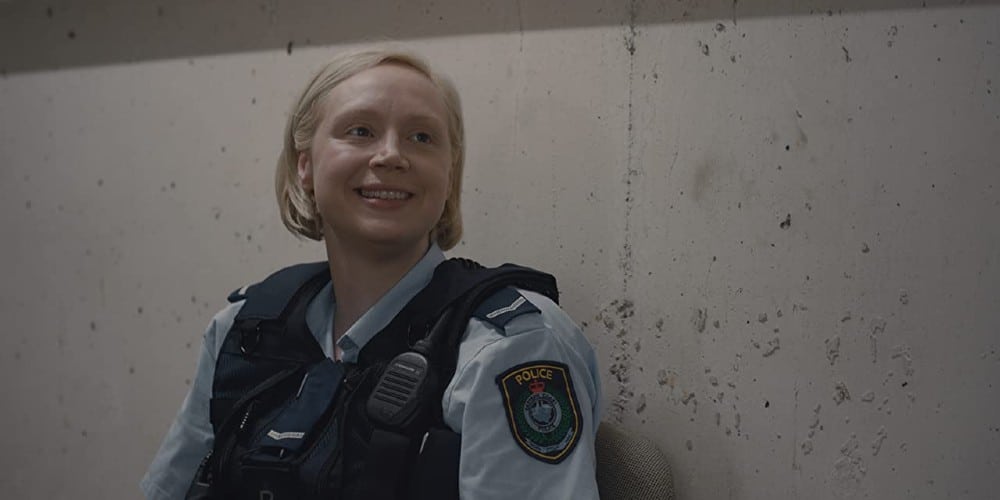
David Wenham’s Al turns out not only to be alive but has a loving wife and child. His gentle mode of address to his family slowly builds to buzzing anxiety. He once again skeevily assures Robin that he never touched her, before violently assaulting her by garroting her with a belt. His strength is apparent, and while absent directly sexual implications, Moss’ petite form straining against his upper body strength makes for an unsettling image.
It mirrors the other onscreen (albeit partially) assault of the first series: the gang rape that precipitated her leaving the community, becoming a police officer, and was the cause of the pregnancy that becomes her primary source of trauma in the second series.
Until she turns the tables. Robin agonizingly puts him down. She conquers this monster, too, in the way only the white, female protagonists in Top of the Lake get to. Violence is exposed by the white woman chasing its perpetrators down, but its primary victims in both the first series and China Girl are Asian women and girls without voices or agency of their own.
Rarely do the Asian sex workers of the second series get a voice. None of them have backstories, either. Instead, their position as immigrants brought in under false visas is explained by the white police force which frames the narrative for us. We know they are surviving violence and were this real life, that they have their own motivations and choices that brought them to this career, but not in this fiction. Top of the Lake feels more brutal than it looks. It is an intensely personal narrative for its white characters, but one that is spoken, not seen. The slow wind of the soap opera mysteries is couched in references to violent rape, torturous family relationships, and things in the past unsaid.
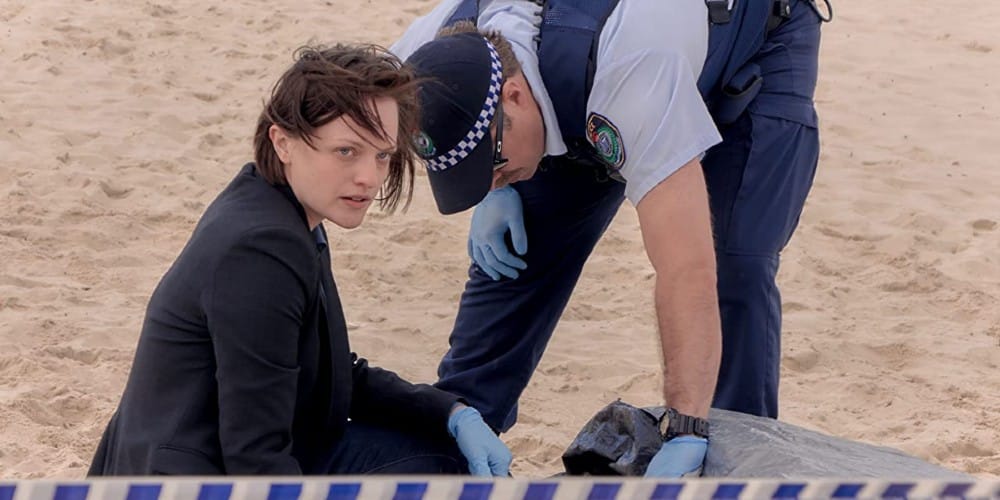
Everything ends up being said by the end of the series and the endings provide answers to its mysteries, albeit with uncertain futures for some characters. Everyone who survives and deserves good things undoubtedly ends up better off. It is not an ambiguous series when it comes to scriptwriting.
But satisfyingly, Top of the Lake is not a series about the false satisfaction of knowing all the facts. Instead, it whirls around characters’ spoken observations, and what the detective procedural becomes when made murky by the bias of personal experience.
When approaching Jane Campion, there’s the nurtured desire to apply a Gaussian blur to your jargon: to create a cloudy pedestal and toss around words like “pioneer” and “female director”. She’s a filmmaker who’s made it as a woman while telling women’s stories.
She fought the boys and won. But none of that happened in a vacuum. Campion is a deeply personal filmmaker for so many and it makes her failings and repeated racial insensitivity all the more painful. The intensely personal nature of Campion’s craft makes her failures and repeated racial insensitivity all the more frustrating. When she is dialed in, her frank approach to sexuality and personal conflict is unmatched. Even when her characters end up hitting a single experience.
Top of the Lake is streaming on Hulu.